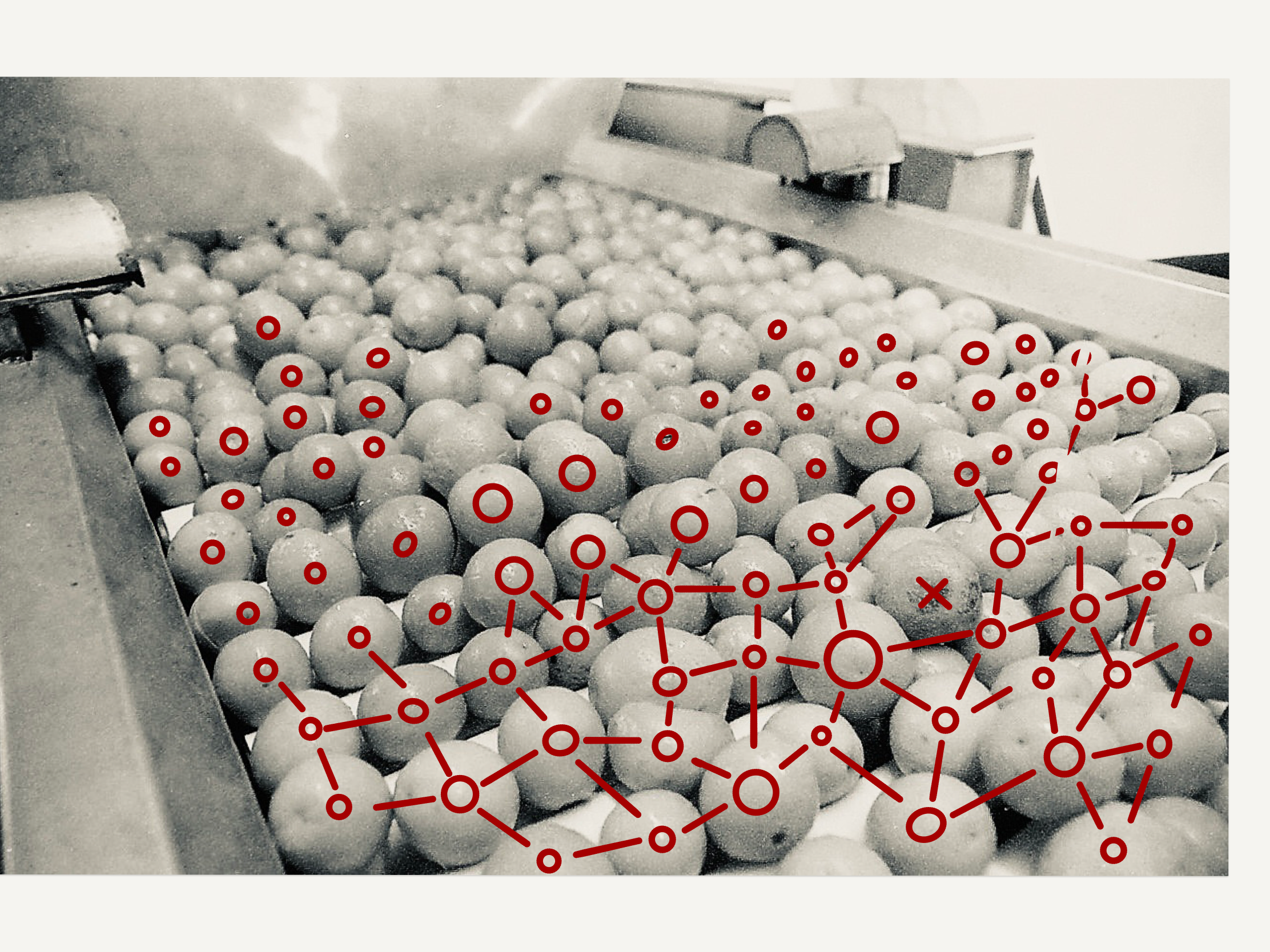Do Framework Agreements Have Value?

Framework agreements are like umbrella agreements, and are usually made with a group of providers to supply a set of goods or services. The initial framework tends to be a broad agreement which sets out general requirements that must be met before a supplier is able to join the contract. They are designed to ‘refine’ the market and make it easier for buyers to buy goods and services from the right suppliers.
Once the initial framework is in place, buyers conduct a second or ‘further’ competition, that uses a detailed specification of their needs. Only those suppliers listed on the original framework agreement can reply to these bids.
What is the value of these frameworks?
Fundamentally, a framework makes it easier to manage the process of testing the market. Tenders can often attract hundreds of bids and buyers are required by law to review each bid that is submitted, so even simple tenders can mean hundreds of hours of evaluation for a buyer. By setting up a framework, buyers are able to test the market at regular intervals without the burden of reviewing hundreds of complex bid responses.
It also gives buyers the chance to concentrate their spend with fewer suppliers, in return for reduced fees, delivering savings. This is known as ‘aggregating demand’ and works on the principle that buyers that are due to spend more are likely to get a greater discount, effectively a version of a “three for the price of two” type offer.
For suppliers, although being awarded to a framework doesn’t guarantee any future business it does ensure that they meet certain standards and makes them easier to buy from. Being on a framework is a bit like having a fishing license; you get the right to fish for business having been pre-approved as a suitable supplier.
So, overall, what is good about using framework contracts?
They save Government large amounts of unnecessary work.
It simply isn’t feasible for buyers to process hundreds of bids every time they go to tender. Frameworks are a good way of establishing the guiding principles by which buyers go to market, for example, testing whether a supplier has basic cyber security measures in place is correct to include in a framework.
They are a good way to test the market.
If completed regularly, a framework allows buyers to test the market and iterate on that test. Appointing twelve companies to a framework allows a buyer to demonstrate their commitment to those suppliers, but then a contract is still only issued to the best response from the bidders in a further competition.
They aggregate demand without creating monopolies.
Frameworks allow buyers to limit their commitment to a smaller number of suppliers and use that commitment to secure lower prices from suppliers. However, because there are usually multiple suppliers on the framework, the aggregation doesn’t create a monopoly position where one supplier ends up dominating a market.
They can be used to engage SME suppliers.
Buyers can make sure to include smaller businesses in frameworks, giving more contracts to companies that might normally struggle to get a position as a prime contractor. They my not win the biggest contracts, but they’ll be at the table and will increase competition amongst bidders.
They can be a useful ‘badge’ for suppliers.
Suppliers who want to bid for public sector contracts can use their position on a framework as a badge, to demonstrate that they meet the primary standards required by a framework and that they are easy to buy from.
In Thursday’s post I’ll cover off some of the problems that frameworks can cause.
To talk to us about our government procurement data, research and tools,



